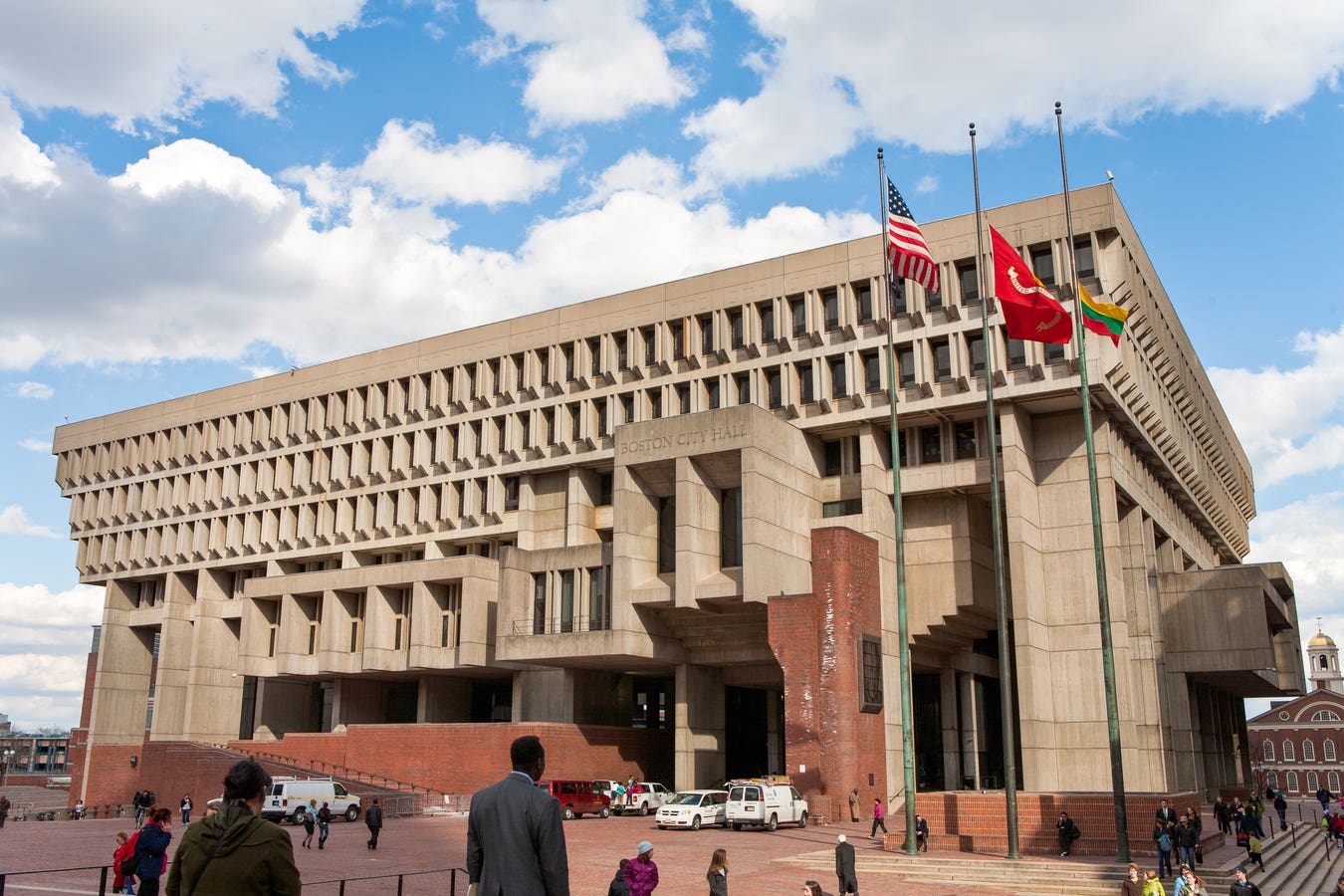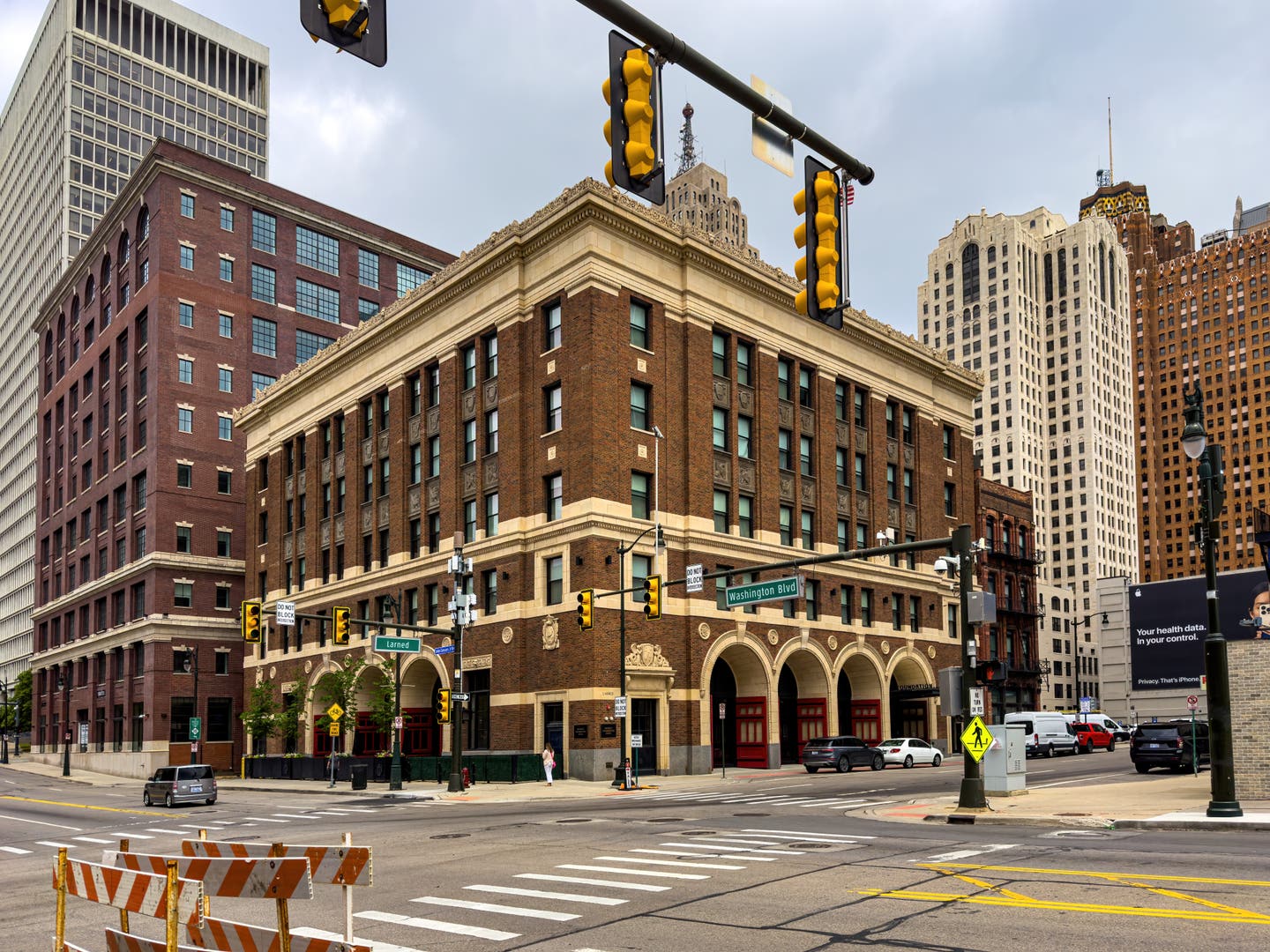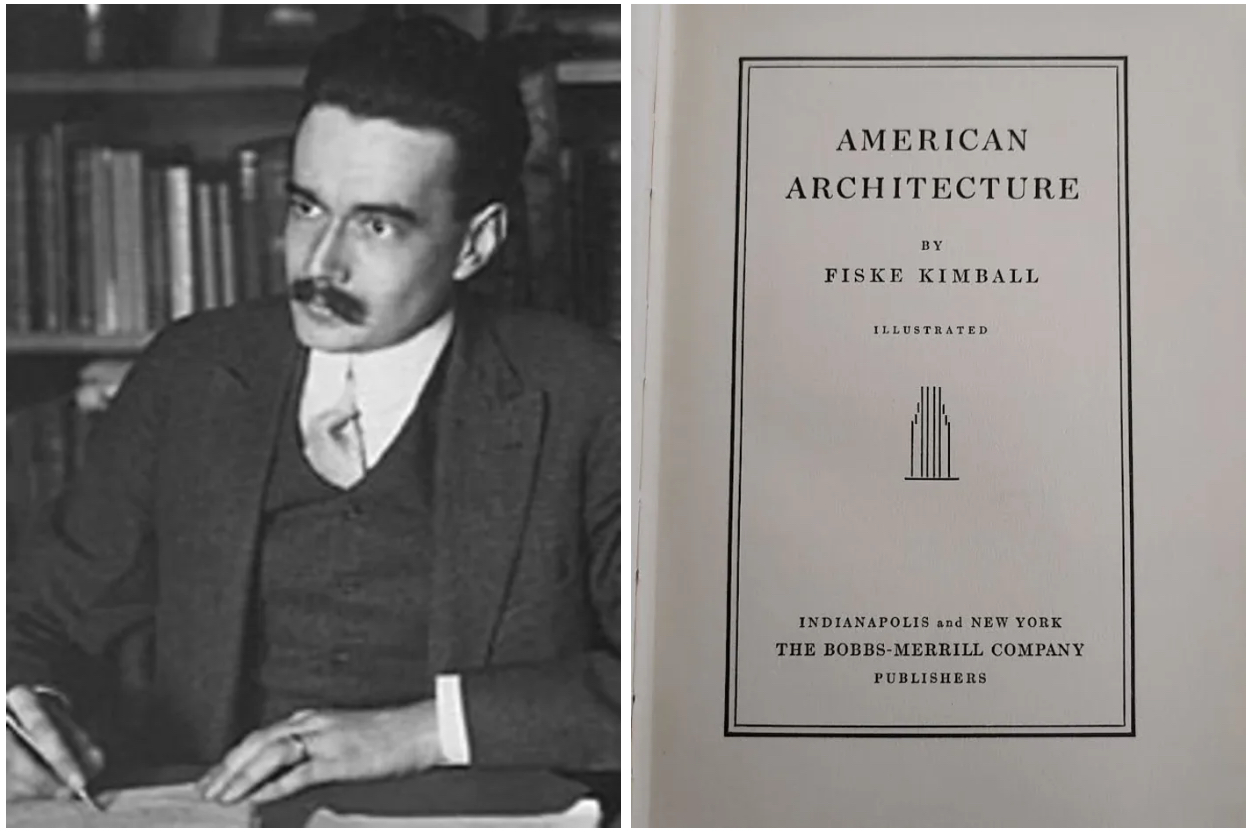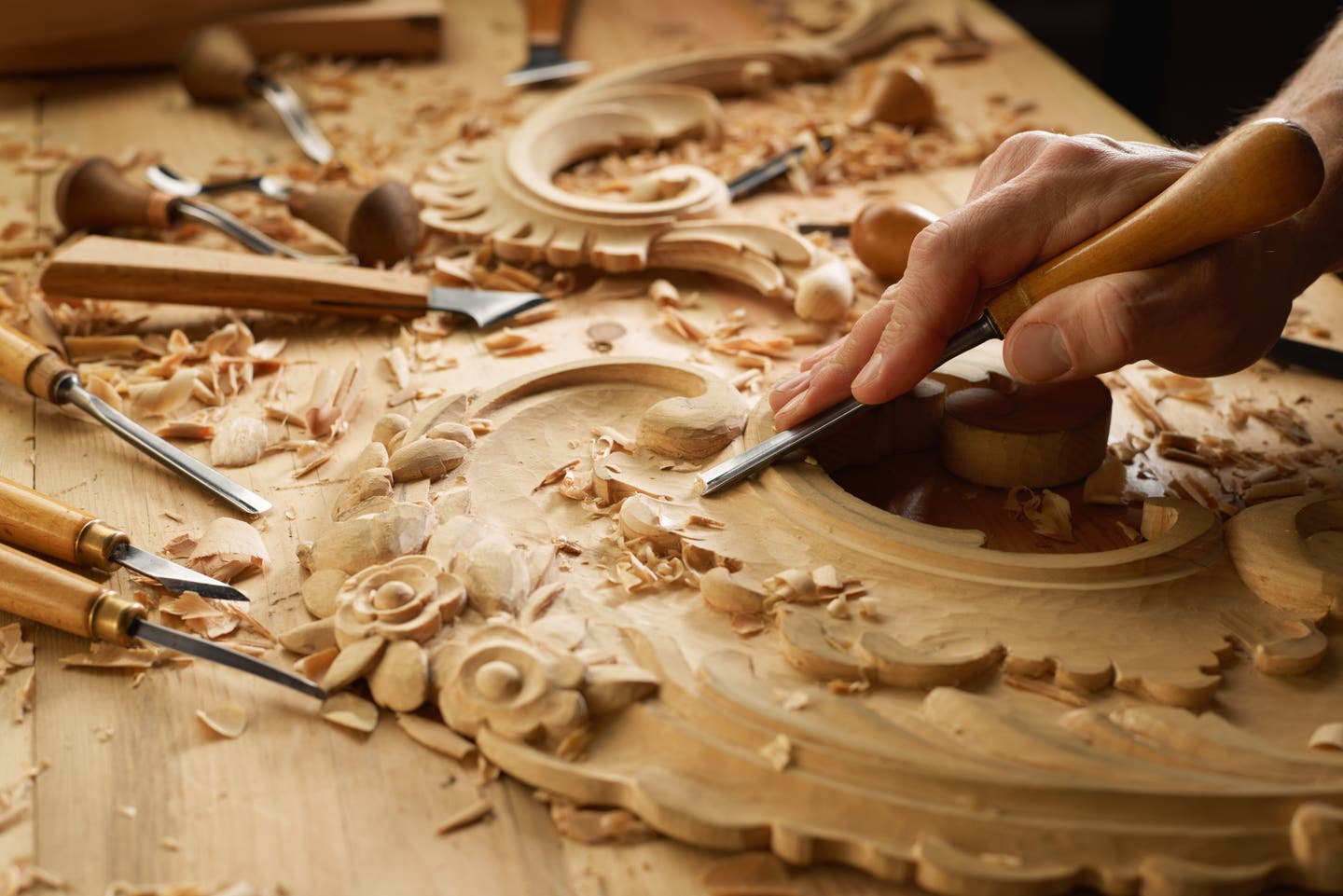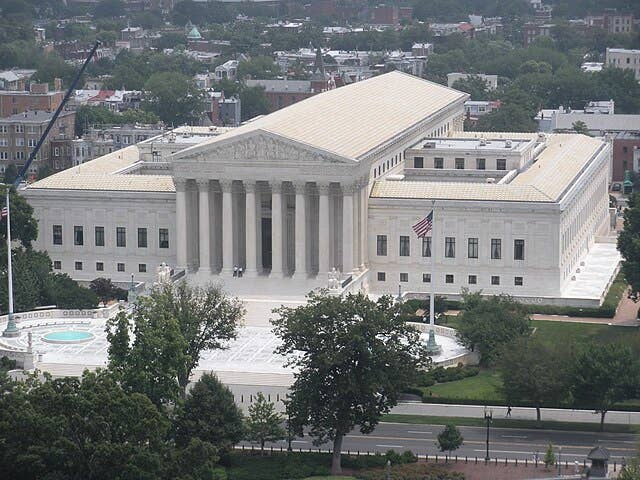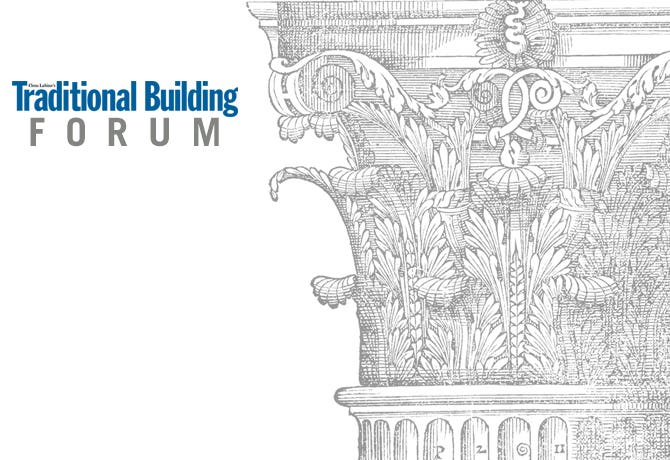
The Forum
Classical Ethos, not Dogma: A Reply to Carroll William Westfall
By Paul A. Ranogajec
Professor Westfall’s response is a distilled exposition of the type of classicist architectural theory I critiqued in my Forum essay. He asserts his version of the classical tradition as the true and authoritative form, and that to dispute his version means to reject the classical. This is bogus.
In my essay and the subsequent debate with David Brussat, I argued that classicist architectural theory ought to aim for a serious engagement with the breadth and depth of contemporary thought. This work tends not to affirm preexisting beliefs or prejudices; it will be a tonic, a challenge to think more rigorously about our justifications and commitments. I take that self-critical challenge to be central to Socratic classicism. To address the complex and urgent demands of the moment, architectural theory and criticism of all stripes needs much more of this classicism.
Westfall’s response invokes “classical doctrine” and “the ‘immutable principles’ that facilitate human flourishing.” What are we to make of this? In a 2006 essay, he wrote, “All the principles concerning man as a political animal that a person needs to know are encompassed in a few books by Plato and Aristotle.” His recent book on architectural theory furthers this grossly reductive view by positing several architectural texts as uniquely expressing the timeless architectural principles. This restriction to “a few books” in politics and architecture is a recipe for sacred text dogmatics, in which “correct” ideas are disseminated by reference to approved sources. By contrast, humanistic scholarship, of which architectural theory is one expression, poses questions and provokes debate; asserting doctrine is not its proper modus operandi.
Westfall takes his principles to be eternal and inerrant: “What, then, of principles? They are enduring and are given new form in each succeeding modern present, including today’s. Principles guide the arts to beauty, and, mutatis mutandis, they promote justice in the political life of cities.” Actually, his principles are not enduring truths but merely postulated axioms and post-hoc generalizations. He wants them to be both prior to practice and fixed across all domains of human thought and action—morality, politics, building, etc. This issues in his doctrine about the proper aim of architecture: to mirror (as he prefers, to imitate) on earth a fixed, eternal, and harmonious Nature or Cosmos. His static and hierarchical view of nature, based on untenable a priori intuitions about and total but unwarranted epistemic confidence in our capacity to understand the “real” nature of Nature, is wildly contrary to rigorous scientific and philosophic understanding. Ancient wisdom is not exempt from metaphysical and epistemological skepticism.
Westfall also writes assertively about “citizens seeking justice in the just proportionality between a people’s past traditions and customs that bind them into a community and the inventions and innovations that put principles into service in the present as they pursue their happiness in beautiful cities that justice lights.” This is a curious understanding of justice. Clearly “beautiful cities that justice lights” is a poetic way of putting it. But nothing naturally or self-evidently follows from the ideal of justice. It behooves Westfall to at least suggest to his readers what he thinks about the content of justice, by what mechanisms we might achieve it, and which account we should follow. Few readers will need convincing that justice in the abstract is a good to be sought.
Going further, there are deeply troubling aspects of Westfall’s way of connecting politics and classicism. Consider this passage: “Classicism’s golden thread running from ancient Greece and through the manifold adaptations of the Western Tradition and into modern America is the quest for justice and beauty found in the political order’s ever active reciprocity between the power of top-down monocratic and bottom-up democratic authority.” A profusion of reckless abstraction and historical fiction is bundled into this one sentence.
First is this “golden thread” of tradition stretching from Ancient Greece to the present. Poetic license again? No, it is merely another shibboleth—like the “timeless classical”—among those who think the construct we call the “Western Tradition” is under attack from intellectual elites and must be defended from the barbarians. They insist on a single, unbroken tradition, which one might be inclined to treat as an instrumentally useful fiction in recognizing shared ideals through time. But Westfall postulates it as historical fact: it simply is the nature of classicism.
More egregious is the astonishing claim that this golden thread of classicism’s “quest for justice and beauty” characterizes “the political order’s ever active reciprocity” between monocratic and democratic authority. What is going on here? The notion that “the political order” always aims toward the same harmonious ideal is spurious. History shows enormously variable political orders that have aimed at many different things. Political orders are neither natural nor constant but continually forged by myriad difficult choices, and there is no guarantee the results of those choices will make for good orders.
That fiction aside, benign “reciprocity” in “the quest for justice and beauty” is hardly a credible way of characterizing historical and actually existing political orders. Was this reciprocity what the medieval feudal and monarchical political orders of Europe aimed for, with their justifications for the divine right of kings and strict social hierarchy? No. Did this reciprocity ever characterize the political orders of Roman imperialism, Byzantine theocracy, or the Papal States? No. Did it support the political order that issued in the repression and racism endemic in Britain’s empire? No. Did a fine-tuned reciprocity of authority apply to the political orders that enabled the extermination of indigenous cultures throughout the Americas? No.
It is utterly preposterous to describe any of these examples of historical Western political orders as exhibiting a positive exchange between monocratic and democratic authority. It would be hard to find a better example of what I described as timeless doctrine leading to “bad history.” Rejecting history for doctrine laden with “timeless” principles is one side of the coin of which the other is modernist historical teleology. Both approaches try to evade the contingencies of history, seeing them as obstacles rather than paths to truth.
Westfall invokes “a people’s past traditions and customs” as binding them into a political community. This Burkean political romanticism may have some advantages over the still-dominant Lockean/Rawlsian social contract theory, but Burke’s views are radically incomplete: lots of things bind a collection of individuals into a polity besides that which comes from the always contentious past. So we must ask, Which traditions and customs count? Who, exactly, are the people—everyone, equally, or only those who participate in the approved traditions? What about dissenters? What resources does a large nation-state need in order to cultivate “political community”—or, more accurately, communities? Modern political and social thought has long recognized that not all “past traditions and customs” are equal. Some are divisive; some corrode consensual public spirit in a large and diverse polity. No tradition or custom—not a single one—is natural or inevitable. This is a fundamental modern insight. Any theory of architecture which grounds itself in a view of a tradition’s naturalness or inevitability will have a difficult time dealing with the plurality of contemporary society. It will seek out revanchist options, as Westfall’s does.
Then there is the question of what exactly ought to be opposed in “modernism.” This is a large and complex question which can’t be answered here. But once again, Westfall offers no arguments about why engaging contemporary thought “would be harmful” to the classical cause. Like Porphyrios, Brussat, and some other classicists, he bundles contemporary thought into one fictitious, unitary Modernism and then asserts that its “ideology … makes only the present and the not-yet-arrived future instrumental.” This is not incontrovertible fact. One may criticize ideological forms of modernism that posit utopian futures, but all forward-looking claims of modern thought cannot be summarily dismissed. Few of them do not also take into account people’s everyday commitments and values, or specific traditions considered worthwhile and conducive to human flourishing.
Westfall asks how “an advocate of classicism [can] join others in getting it so wrong.” He thinks I get “it” wrong by not rejecting “what modernism produces.” Well, I reject whatever is harmful and destructive, whatever inhibits human flourishing. The false dichotomy of a singular, unitary, and wholly destructive Modernism opposed to a singular, unitary, and wholly constructive Classicism is a product of ideological anti-modernism, not a reasoned, historically-informed perspective. Tradition is neither unproblematically good, requiring only the proper understanding of immutable principles, nor, as some modernist theories have construed it, the source of all oppression and hindrance to progress. I endorse whatever promotes the self-critical and positive emancipatory potential that marks modernity apart from the coercions and hierarchies of the “traditional” premodern world. Modernity has its own coercions and hierarchies—many of them, to be sure—but today we also have a continually renewed capacity for critique, choice, and solidarity unavailable to premodern societies. These are great goods to be celebrated. If this view puts me on the side of certain kinds of social and political modernisms, they are kinds I think classicists can embrace.
To be for modern emancipation is not to be against classicism, for we are not made to work for tradition; tradition must be made to work for us. Westfall’s dogma puts it the other way around. Our task is not to enforce orthodox thinking but to seek out the optimism and dynamism of the new, of that which looks to the promise of the future in dialogue with the restraint and conservationist wisdom of the best of the past. This is the ethos of a critical, historically-informed classical tradition which might serve us well today.
Paul A. Ranogajec is an art and architectural historian. He holds a Ph.D. from the City University of New York and learned classical architectural design at the University of Notre Dame.

